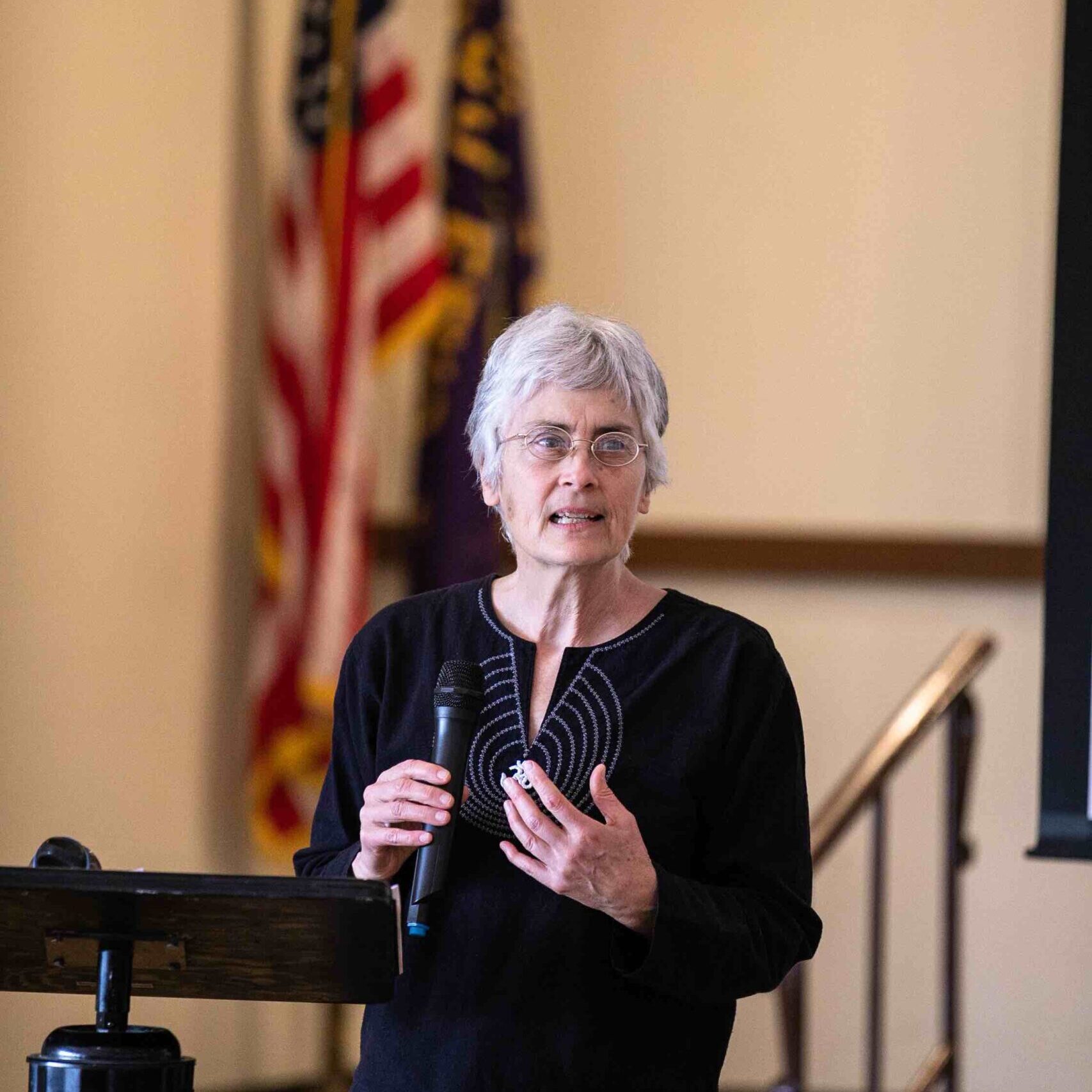The Alert Project: Our Story

Marine Toxicologist and former commercial fisherwoman Dr. Riki Ott witnessed first-hand the ecological destruction and social chaos from the Exxon Valdez oil spill in Prince William Sound, Alaska in 1989, and became an “accidental activist” in its wake.
Ott was instrumental in supporting the community through the process of establishing guidelines for dispersant use in Prince William Sound and the first citizen advisory councils in Alaska post-spill to improve oil industry oversight and oil spill preparation and response.
When the BP oil spill released millions of barrels of oil into the Gulf of Mexico in 2010, Ott brought her expertise to the frontline communities along the Gulf coast, where she spent one year exposing a public health crisis from oil-chemical exposures and helping to organize local communities against the threat. Over the next decade, she returned to these communities and continued to document and investigate chemical illnesses – particularly linked to oil-dispersant exposures – among the Gulf coast residents.
In 2014, Ott founded The ALERT Project in anticipation of the 2015 EPA proposed rulemaking on dispersant use and spearheaded a massive outpouring of individual comments from concerned citizens. ALERT bird-dogged the stalled rulemaking through three presidential administrations, finally suing EPA in 2020 to force closure. EPA published the final rules under court supervision on May 31, 2023.
ALERT stands for A Locally Empowered Response Team because Ott believes, based on her experience working in oil spill-impacted communities around the world, that citizen involvement is critical to a successful Area Contingency Plan and local response efforts.
ALERT director Riki Ott co-chaired the 2023 Health and Safety Task Force, chartered by Regional Response Team 10 and the Northwest Area Committee, to improve protection of worker health and public health during oil spill responses. In 2024, the Task Force recommended developing and implementing a Worker Health Unit and a Public Health Unit into the Incident Command Structure for all-hazard responses.
In 2024, ALERT launched the #ExitCorexit campaign to ban these toxic dispersants in the United States (under the new rules secured in the lawsuit) and globally.
The campaign also advocates inclusion of human health protection measures and citizen advisory councils in spill response plans as part of ongoing revisions to Area Contingency Plans. Measures are necessary to ensure response plans work as intended and do not cause more harm.
